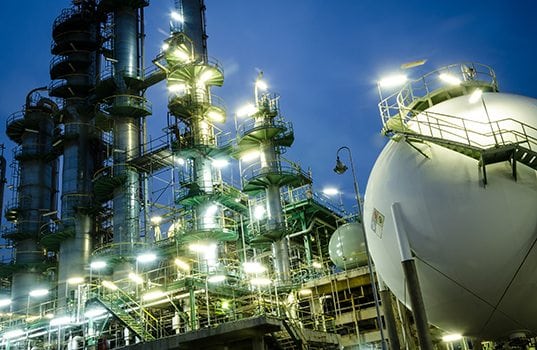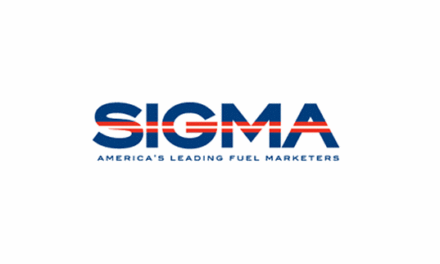While fracking technology has placed the US as the world’s largest natural gas producer, the country’s lack of approved LNG export terminals has prevented energy companies from competing in the growing global LNG market, says an analyst with research and consulting firm GlobalData.
According to Carmine Rositano, GlobalData’s Managing Analyst covering Downstream Oil & Gas, the global LNG capacity will increase at an average 10% a year from 2013 to 2017. Meanwhile, the US LNG capacity will be competing with new liquefaction coming online in Papa New Guinea and Australia, with the Gladstone, Gorgon, Wheatstone and Queensland terminals increasing Australia’s LNG capacity by 10 billion cubic feet per day over 2013 levels.
Furthermore, GlobalData forecasts that the US liquefaction will only have a 5% share of the global LNG capacity in 2017, while Australia and Qatar will have 20% and 16%, respectively.
Rositano says: “Asia will remain the key market for LNG, but other areas, such as Europe, will increase their LNG imports as they seek to reduce their dependence on gas supplies from Russia.”
GlobalData believes that while President Barack Obama’s administration has supported the export of LNG, acquiring all the necessary local, state, environmental and federal approvals is a herculean task that takes many years to finalize.
A key disadvantage within the approval process is that exports from US facilities can only be sold to countries with Free Trade Agreements (FTAs). Only special approval from the Department of Energy (DOE) can allow exportation to non-FTA countries, where most of the LNG demand is located, according to GlobalData.
Rositano says: “To date, over 30 applications have been filed with the DOE to sell LNG. However, only seven terminals have been approved to export LNG to non-FTA countries and only one facility, the Sabine Pass LNG Terminal, has received all necessary approvals.
“Being able to sell LNG to non-FTA countries, such as China, Japan, Taiwan and India, is critical to success since these are key markets in the growing LNG trade. Without this approval, commercial risks would be increased and projects would be deemed commercially unviable.
Despite the hurdles, the analyst believes that there are many advantages in building LNG export facilities, including more employment opportunities, increasing local revenues and lowered trade deficit.
“With economic advantages and reduced geopolitical risks on the line, there is an evident need to fast-track LNG projects, allowing the US to maximize benefits from its domestic energy resource base,” Rositano concludes.
GlobalData is a leading global research and consulting firm offering advanced analytics to help clients make better, more informed decisions every day. Our research and analysis is based on the expert knowledge of over 700 qualified business analysts and 25,000 interviews conducted with industry insiders every year, enabling us to offer the most relevant, reliable and actionable strategic business intelligence available for a wide range of industries.








